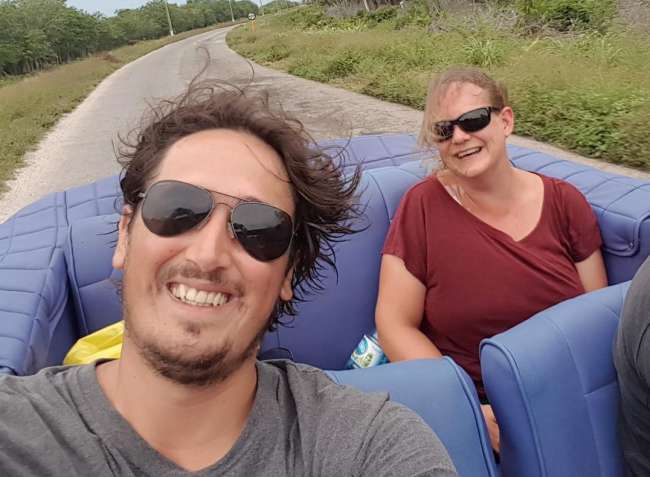Honduras: Bay Islands
Ippubblikat: 08.05.2018
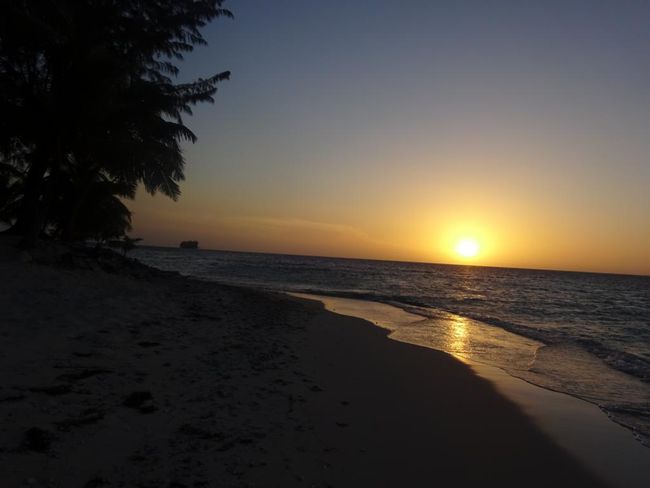
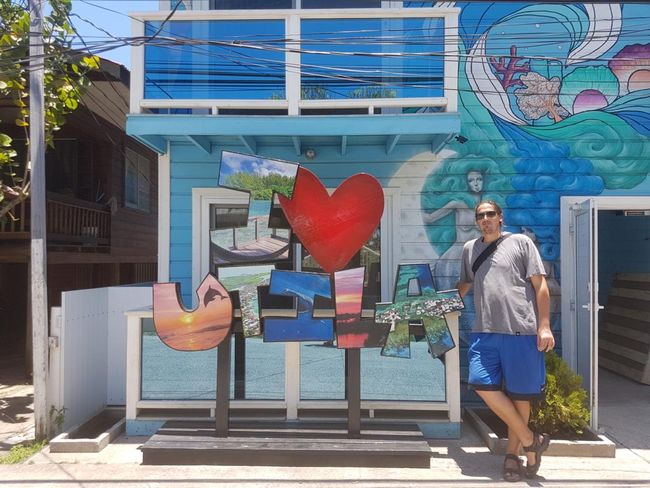
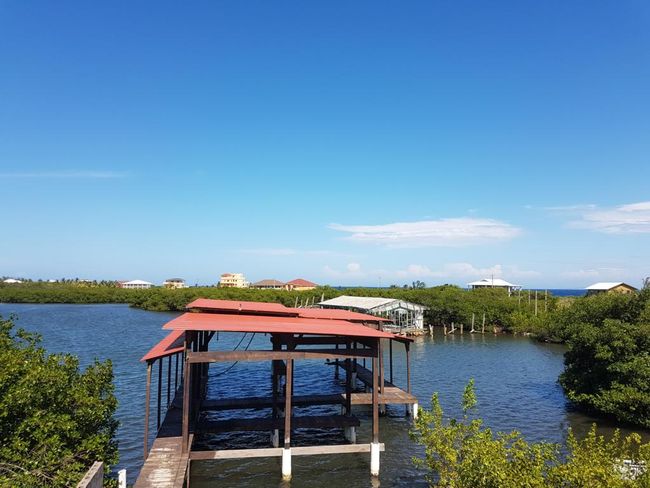
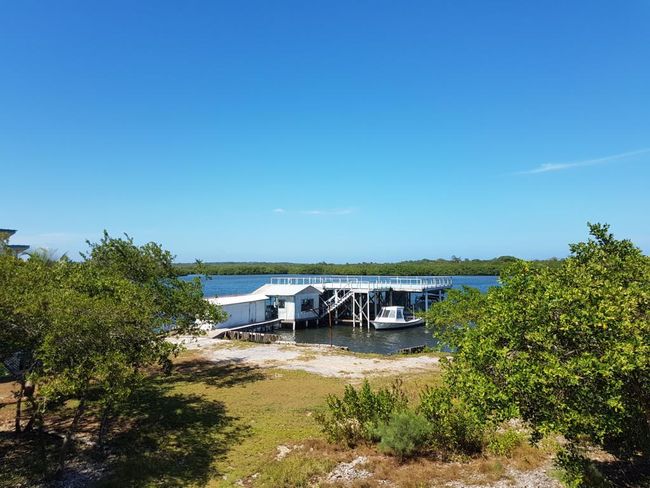
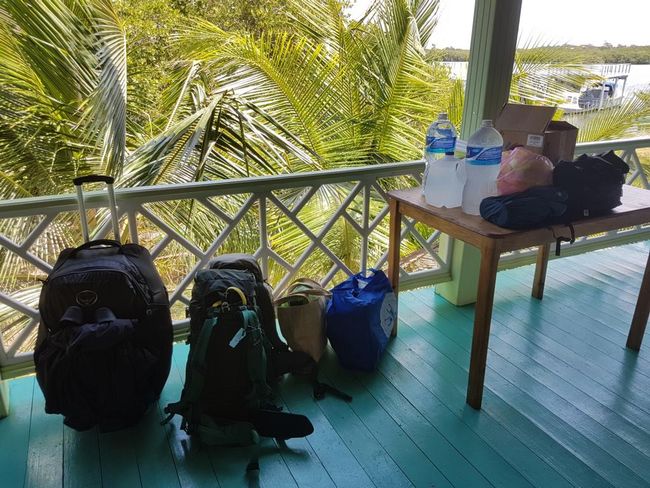
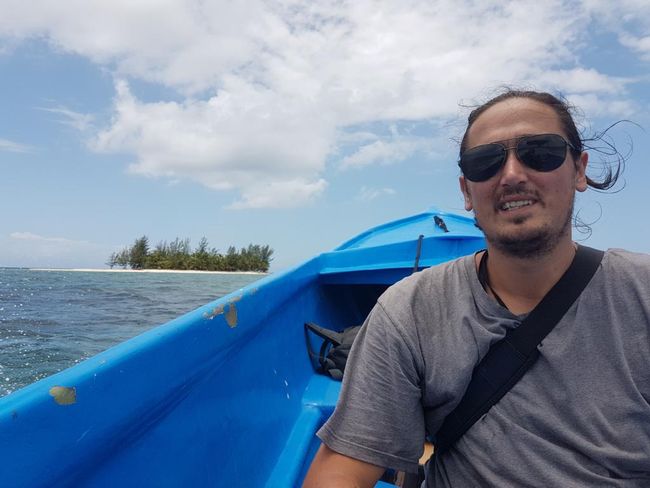
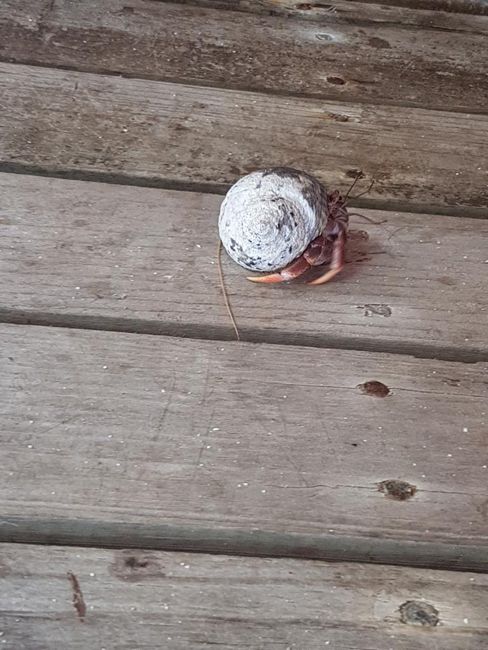
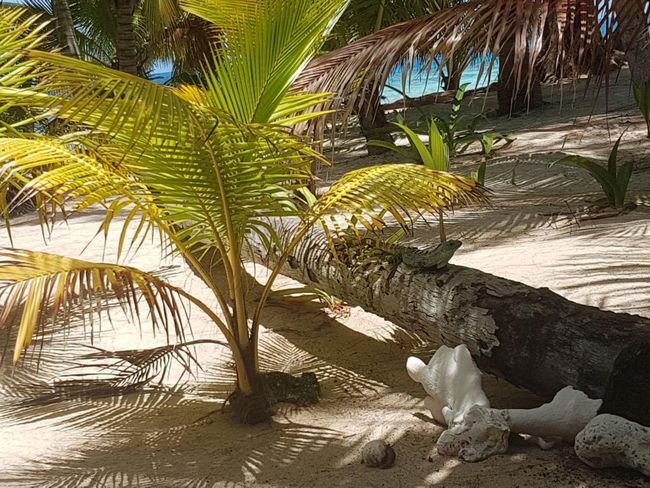
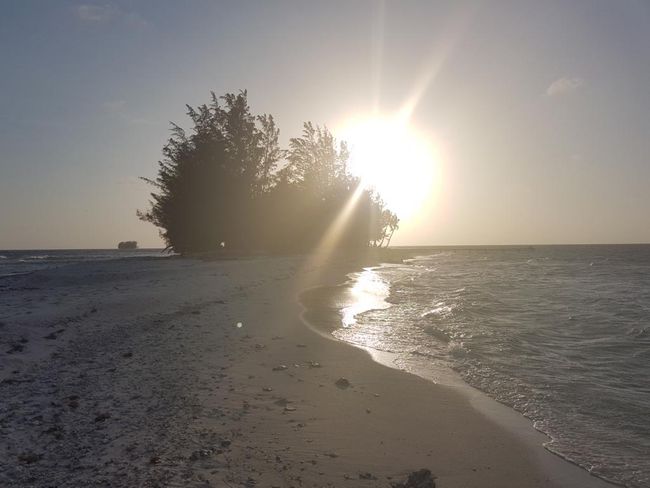
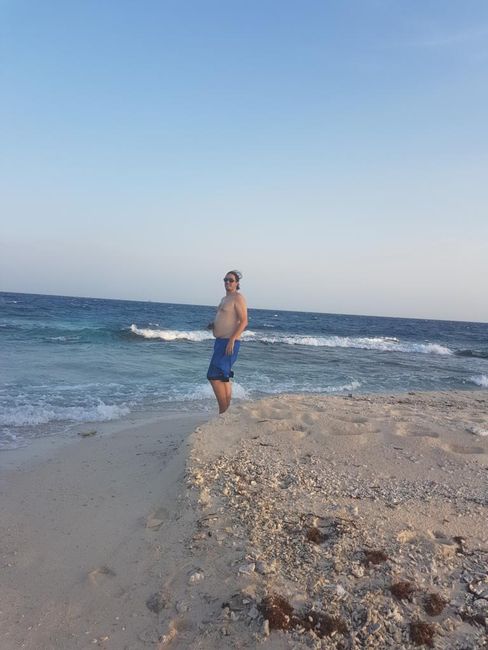
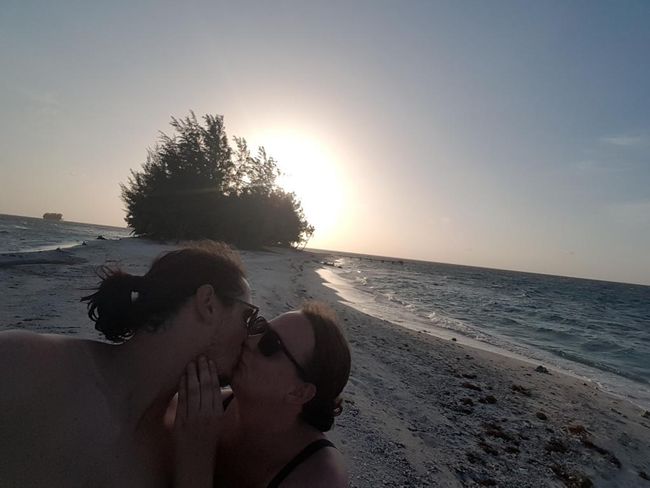
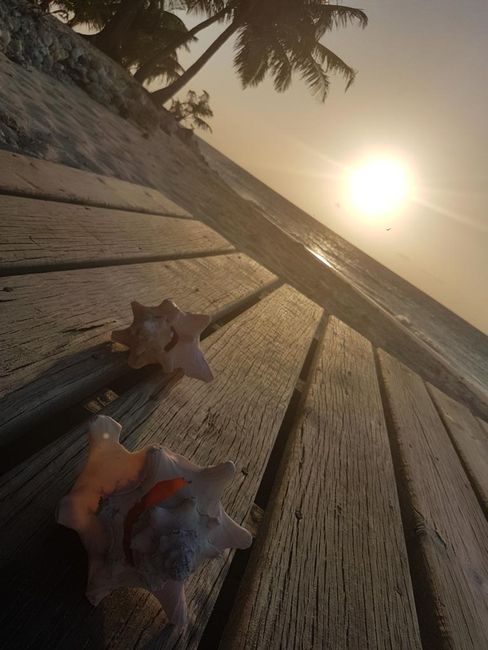
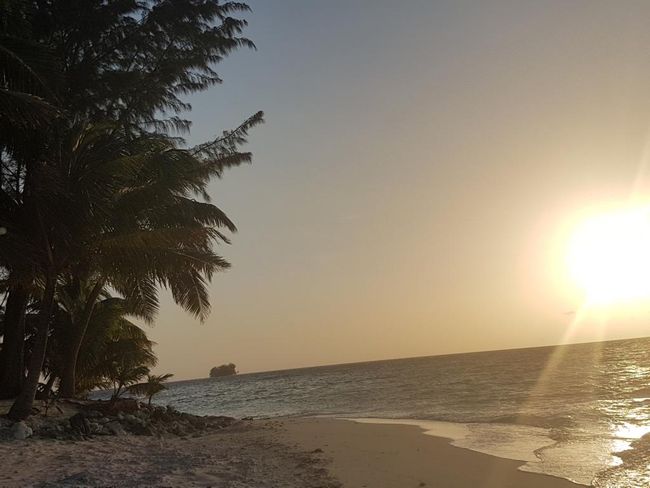
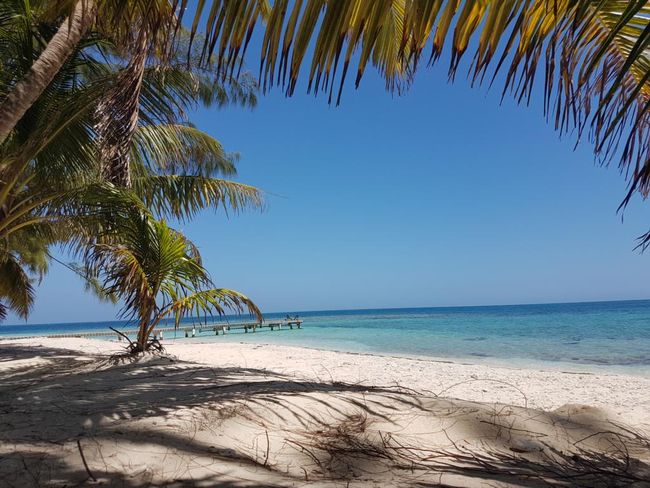
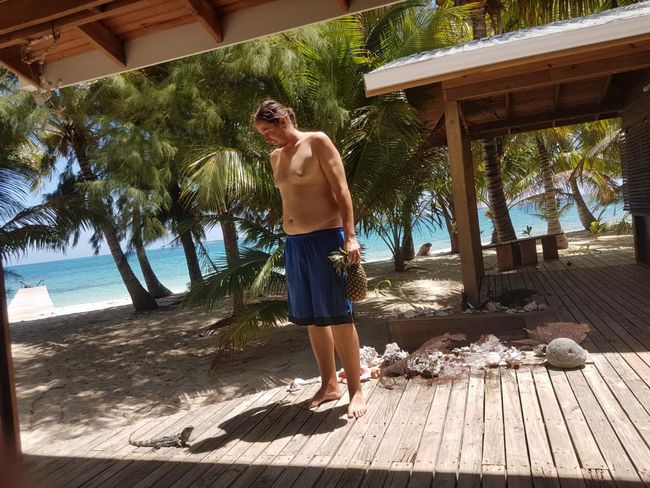
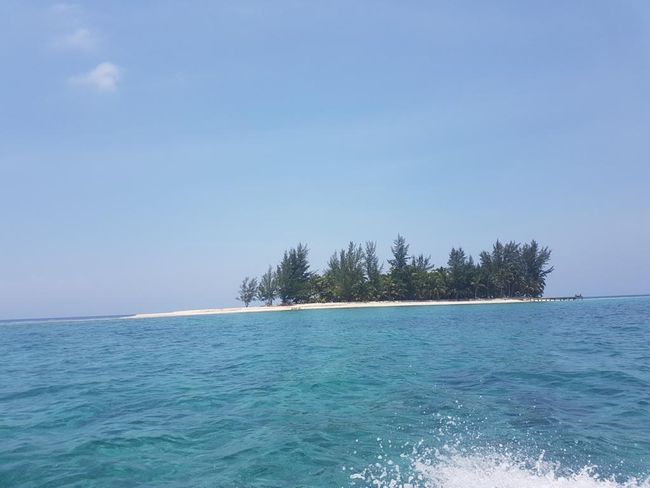
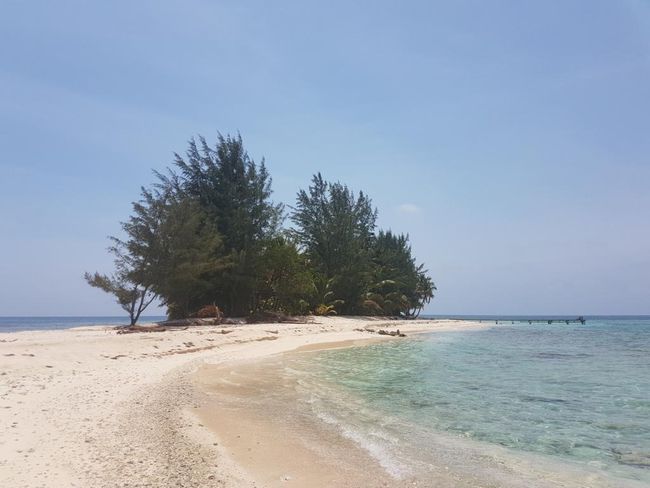
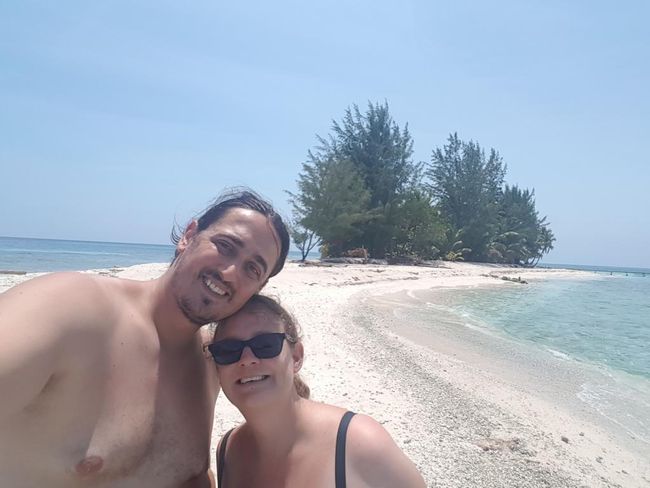
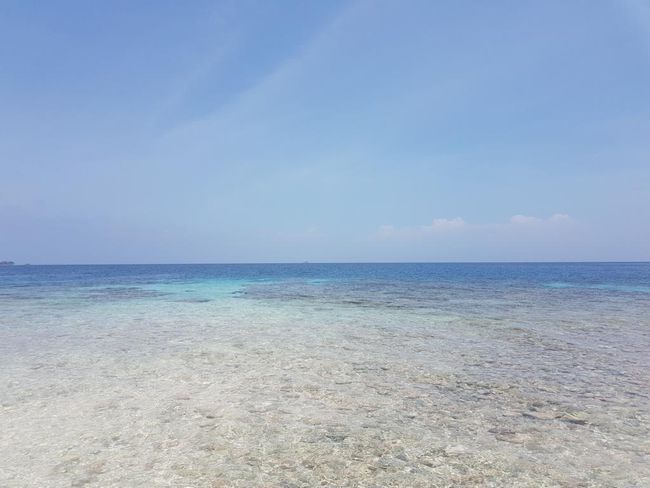
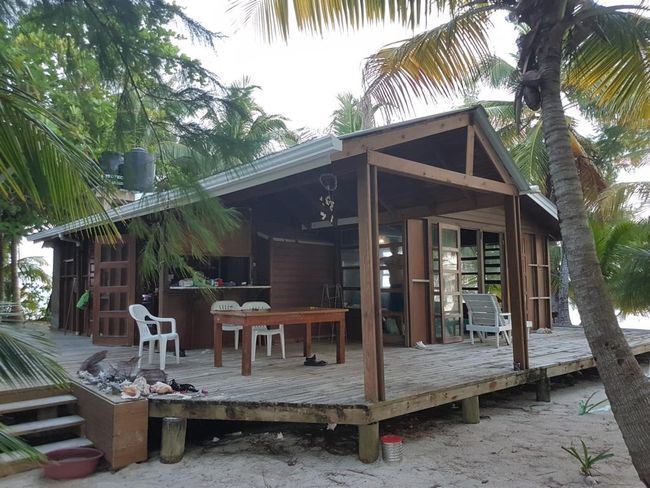
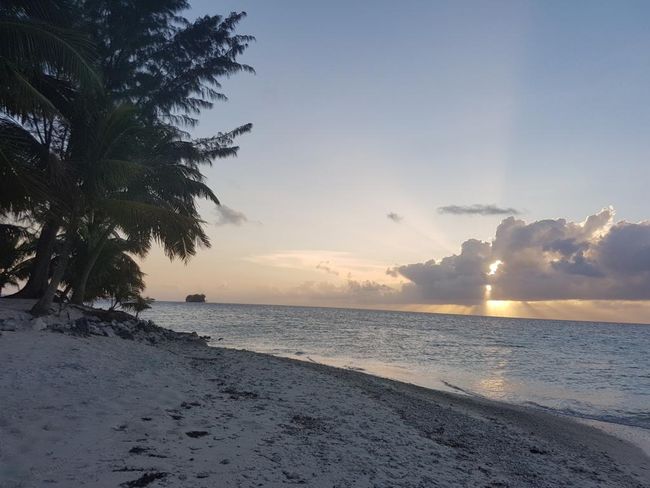
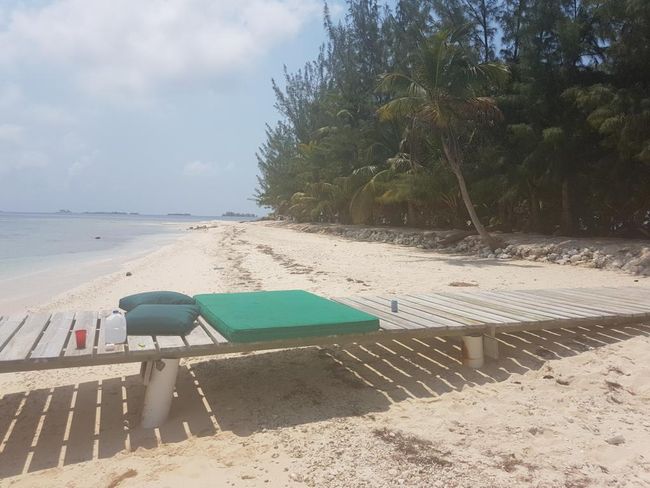
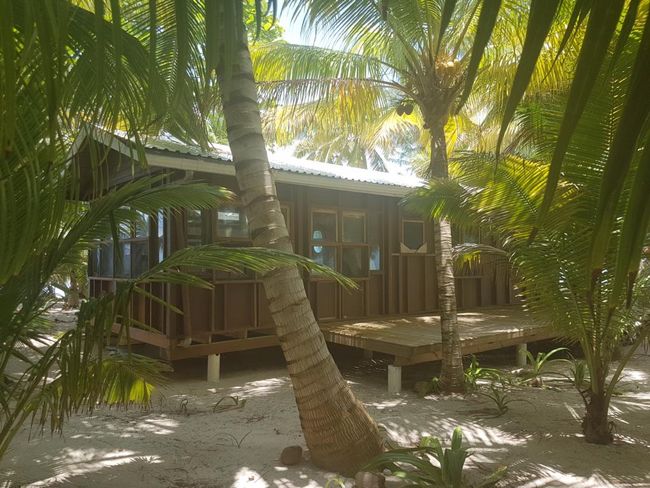
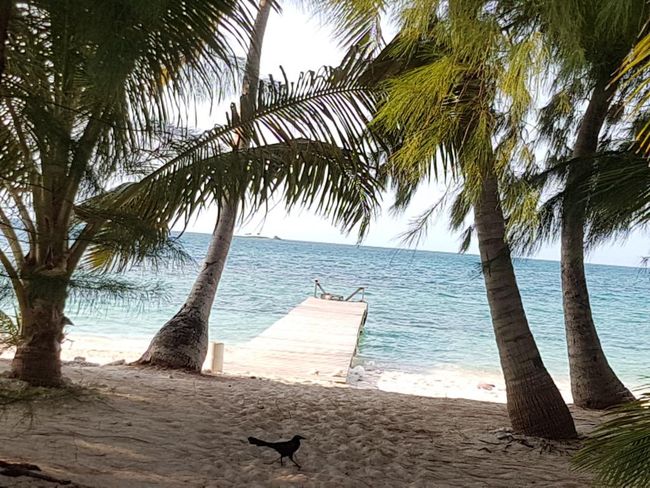
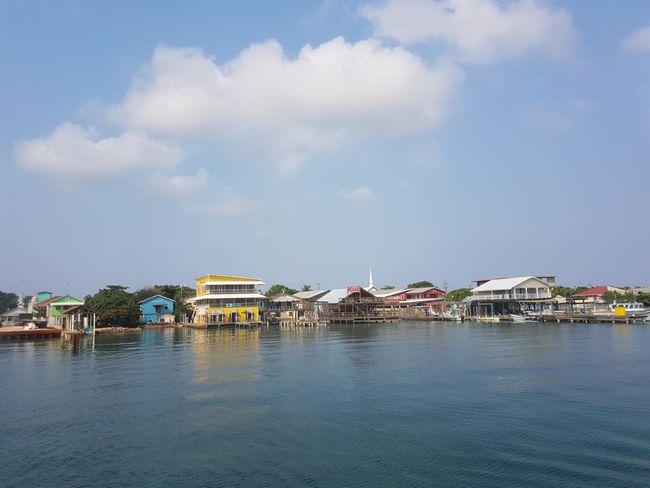
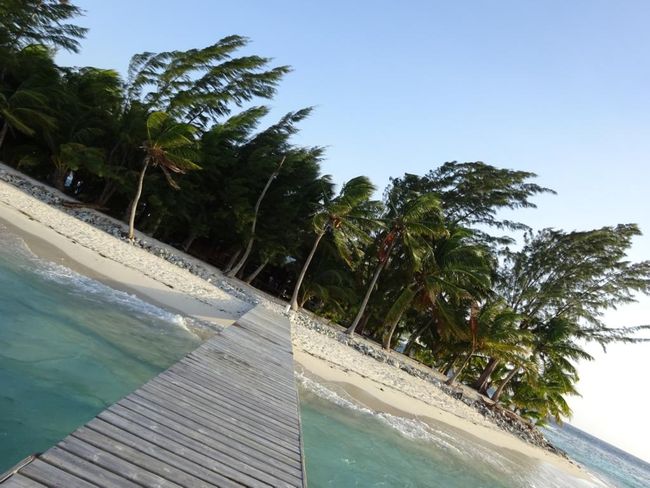
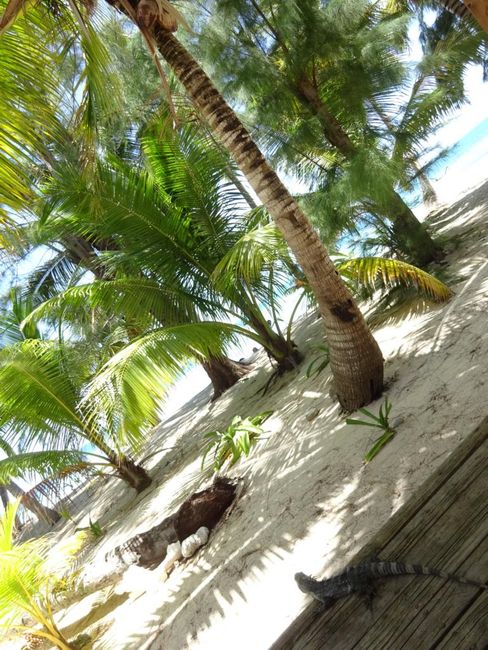
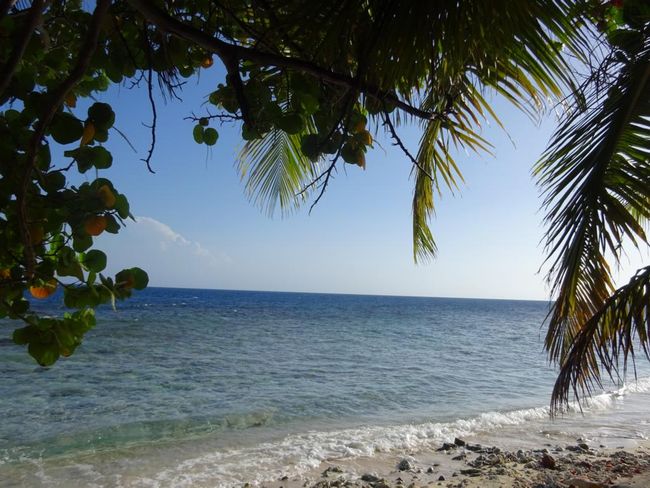
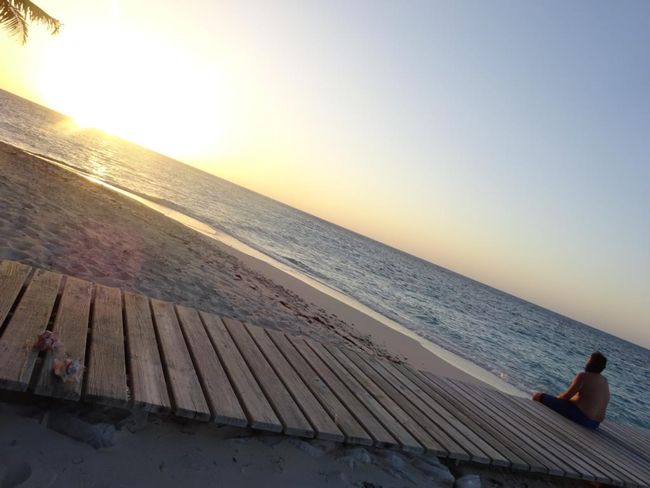
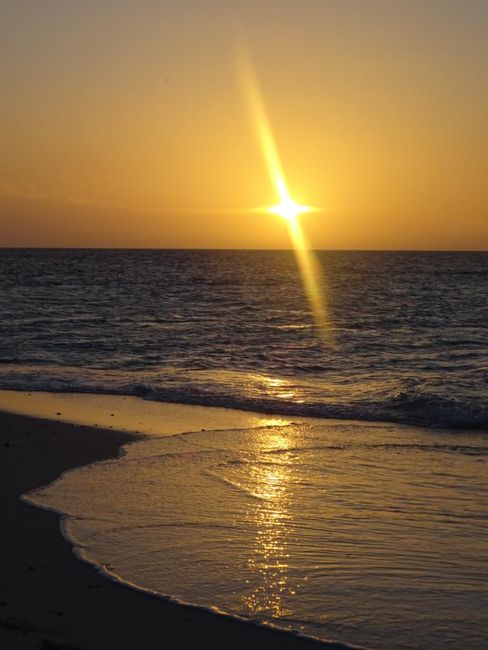
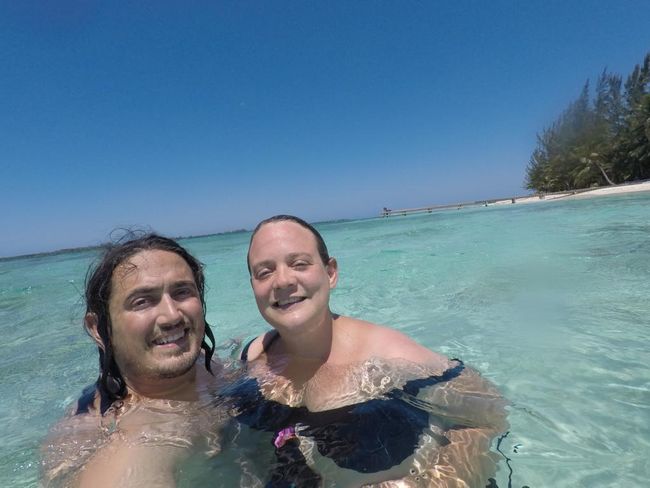
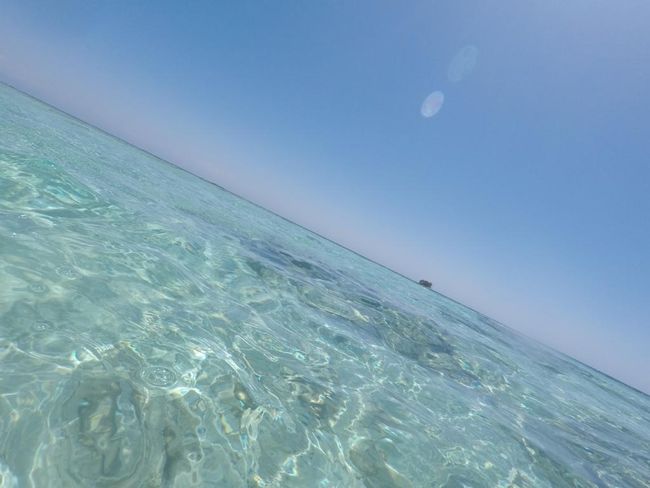
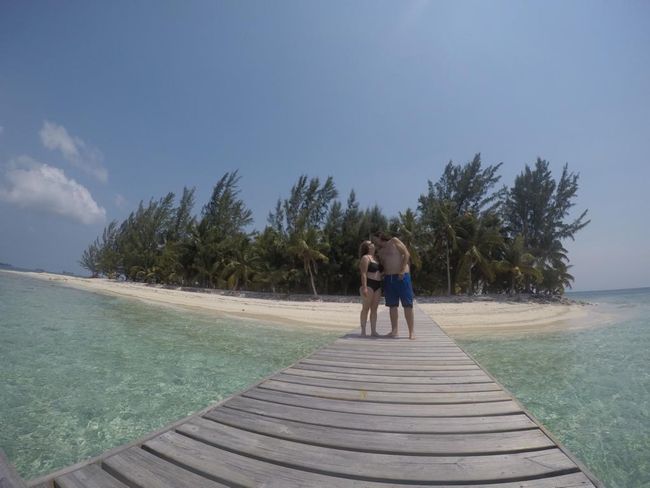
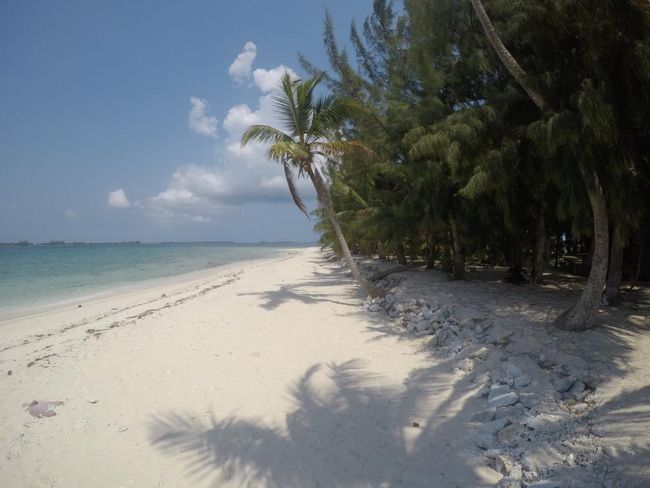
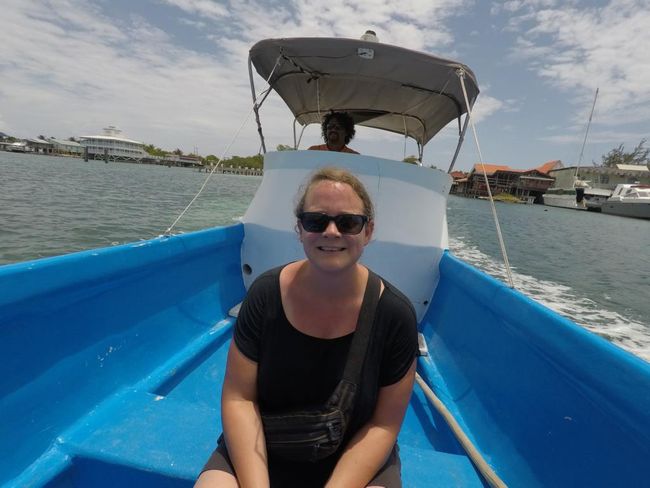
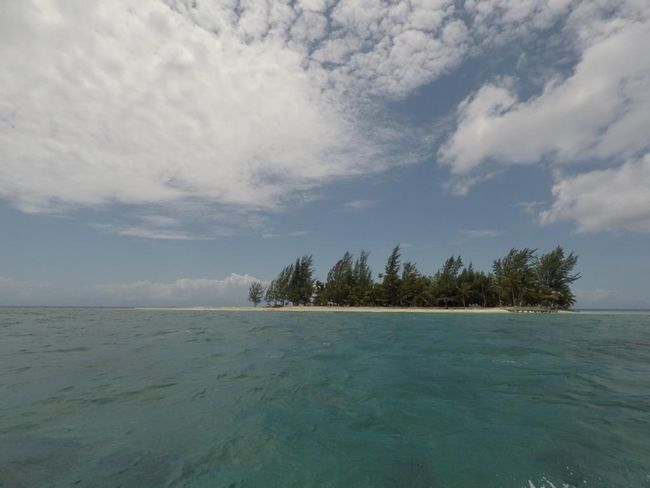
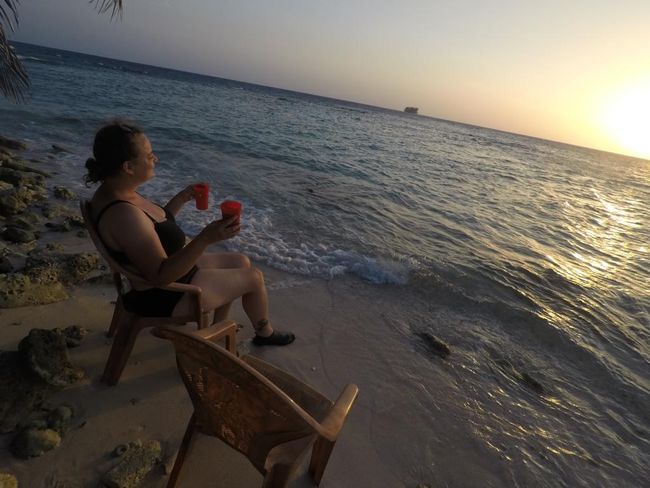
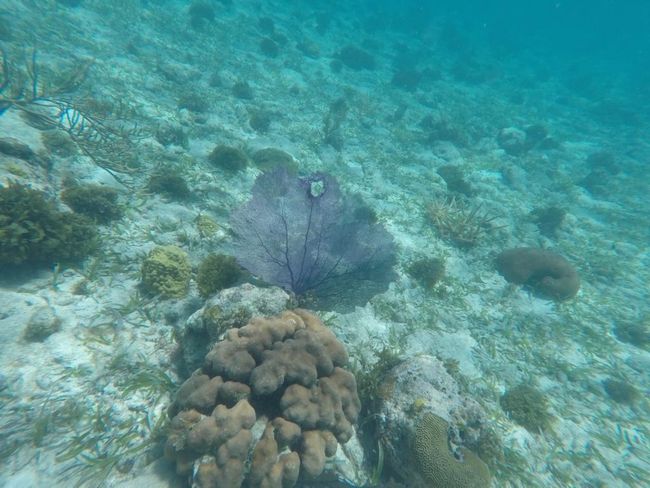
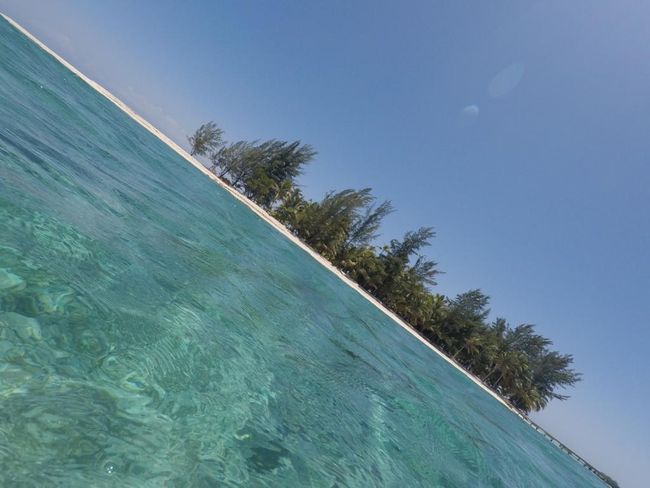
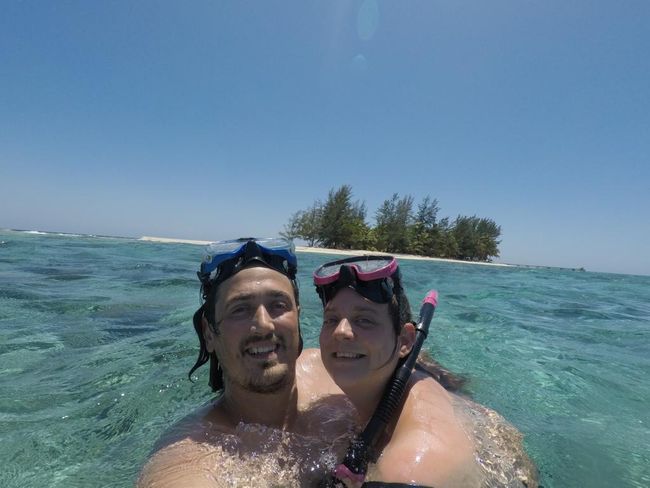
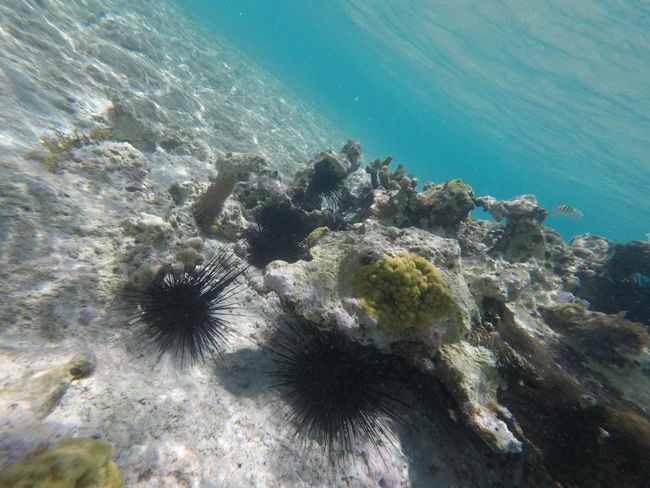
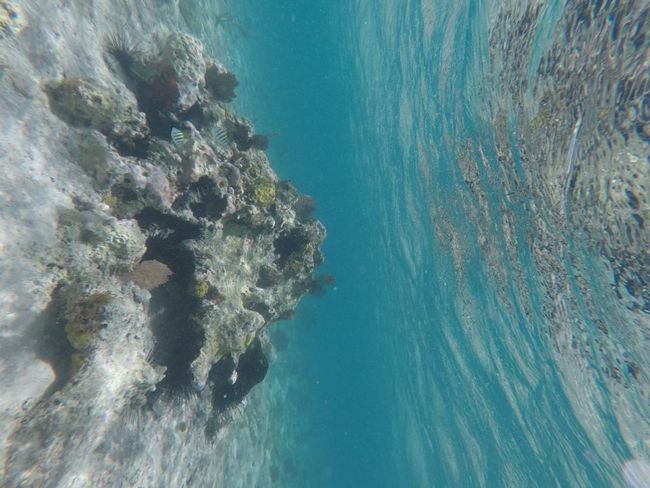
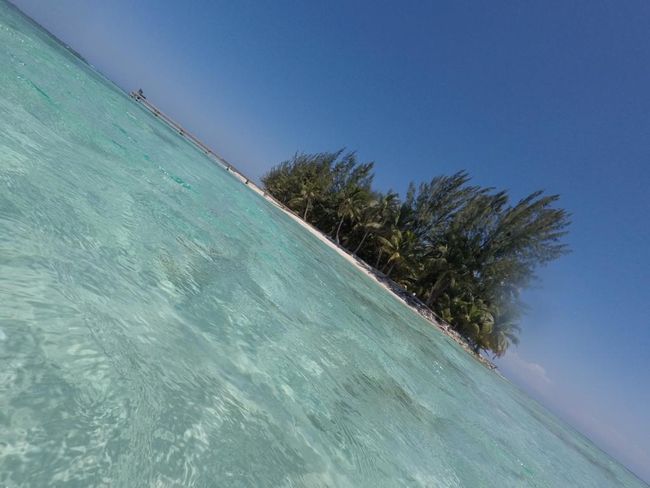
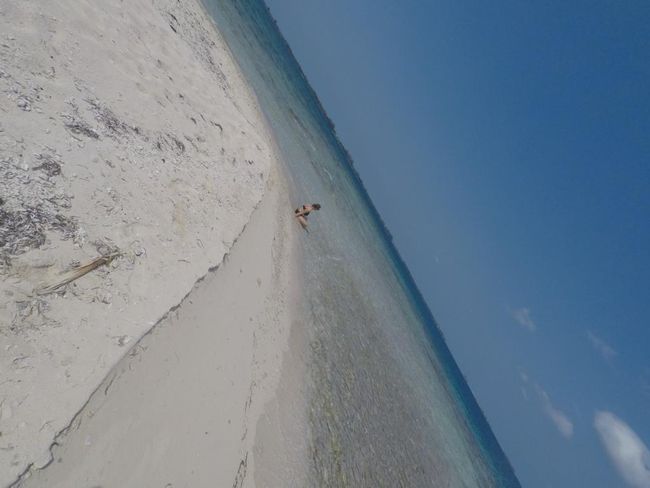
Abbona għan-Newsletter
Most tourists who come to Honduras only visit the islands of Roatan or Utila. We also decided to enjoy a bit of beach life for a change. We had the opportunity to rent our own little island in the Atlantic Ocean, which we couldn't pass up. And luckily, the chosen island was still available. And believe it or not, it didn't cost a fortune. A night in our own Caribbean paradise cost no more than a night in a mid-range hotel in Switzerland. We booked it as a special expense under our budget for 'unexpected extra expenses for absolute must-see's' and it was absolutely worth it. It was one of the top highlights of our entire trip, especially since Jörg and I are not usually beach lovers. Normally, we get bored quickly and feel like we're wasting our time just lazing around on the beach. But this time was different. We had our own private island in the middle of the Atlantic Ocean, and it was a dream come true.
To get to our little island, we had to travel to La Ceiba. There, we stocked up on everything we needed for the days ahead. Being alone on an island means there's no one to cook for you, so we bought all sorts of food, fresh fruits, sweets, water, drinks, and of course, a few bottles of rum. We could have bought most of these things on the island of Utila, but they would have been more expensive since everything has to be transported by boat to the island. So we had to carry a lot of luggage when we crossed over to Utila by ferry.
In Utila, we spent a day exploring the island. Utila is known for the many whale sharks that gather around the island, and there are snorkeling tours offered to see them. Unfortunately, there hadn't been any whale shark sightings for more than 2 weeks, so the tours were temporarily suspended. It was a bit disappointing, but we still enjoyed wandering around the island and spending a few hours at Bando Beach. Bando Beach is a 'private' beach that requires a small entrance fee, but it was included in our hotel package. It had a nice, clean beach and some infrastructure like shaded straw umbrellas, picnic tables, a restaurant, and restrooms. Since it was low season, there weren't many people, which made it quite pleasant. But we knew that the ultimate beach experience was yet to come.
The next day at 11 o'clock, Barry, the island operator, picked us up with a small motorboat. After a 30-minute ride, we arrived at our island, our own secluded piece of heaven in the middle of the Atlantic. We had planned to measure the size of the island and make a video of how long it takes to walk around the whole island, but we got carried away with heavy-duty relaxing. We ended up with 1700 photos, which should be enough. 😊
Upon arrival, Barry gave us some information about the water pump, the kitchen, and the phone. He asked us to let him know every day if everything was okay. Then he said, 'Now it's time for you to get into your Birthday Suit! Enjoy your own island!' And just like that, he was gone, and we were alone on our island. It was paradise. I can't even begin to describe how incredible it was. The first afternoon, we were busy taking in the surroundings and letting it all sink in.
There are 2 bungalows on the island. One bungalow has 2 bedrooms with a total of 3 double beds and a toilet. It can comfortably accommodate at least 6 people. The second bungalow has a fully equipped kitchen with a gas stove and two large refrigerators (even ice cubes were already prepared in the freezer), a living room, and a bathroom with a shower. There's a wooden terrace surrounding the bungalows, and there's a dining table, various chairs, and lounge chairs available.
A typical day went like this: in the morning, we woke up early to the sound of waves. The bedroom had windows with mosquito nets all around, so we could leave the windows open and have a direct view of the sea. What a way to start the day! After rolling out of bed, we settled into a comfortable lounge chair and watched the life around us and welcomed the new day. Birds chirped, crabs emerged from their sand holes and wandered around the island, and iguanas sunned themselves on rocks to warm up for the day. After breakfast, we went for a morning swim in the turquoise sea before returning to our lounge chairs. The island was very windy, which could be a bit uncomfortable at times, but it also meant it wasn't excessively hot. At night, the wind was a blessing! And since we had the whole island to ourselves, we had the freedom to position our lounge chairs on the side of the island shielded from the wind, under the palm trees. Or if we felt like soaking up the sun, we could move our lounge chairs to our private sandy beach. We had found the perfect spot for every time of day and preference on our little island. The rest of the day, we could snorkel in the small reef surrounding the island, swim, take a walk around the island, take hundreds of photos, indulge in tropical fruits and rum, lounge on the beach and listen to the sound of the waves. We had the freedom to choose how we spent our time. And suddenly, it was already 6 o'clock, time for the sunset. So we headed to the dock, which we had quickly chosen as the best spot to watch the sunset over the endless Atlantic. In the evenings, we prepared a delicious dinner and played card games. Or we lay on the dock, looking up at the stars and enjoying the breeze. It was fascinating to see the moon positioned 90° differently in the sky in this part of the world. We would eventually get tired, take a refreshing shower, and fall asleep to the sound of waves, only to wake up to the same sound again. One night, it even rained heavily, and we listened to the sound of raindrops while lying in our cozy bed. And so it went, day after day, without ever getting bored.
What would you bring with you if you were stranded on a deserted island? Well, it's nice to have a loved one by your side. An e-reader is a good thing to have too. And of course, enough food and drinks. Maybe even a bikini, although it's not really necessary. We could have left all our luggage on the mainland; we didn't need any of it.
We originally planned to stay on the island for 3 days, as we usually get bored quickly at the beach. But in the end, we stayed for 6 days, and they flew by. They were some of the happiest times of my life. We enjoyed our time together in paradise, our vacation within a vacation. It was hard to say goodbye and leave this incredible place. Maybe we'll be able to come back here at the end of our journey, to one of the most beautiful places this world has to offer, and experience the paradise once again before returning to the realities of life. That would be wonderful.
When it was time to pay, there was some confusion and misunderstanding regarding the exchange rate. We inadvertently paid about 1800 Lempiras too much. Unfortunately, we only realized this when we were back in Utila, after Barry had already left. We immediately sent him an email, explaining the situation and asking if he could refund the overpayment via PayPal since we were returning to La Ceiba on the mainland that same afternoon and continuing to Tegus the next morning. He asked us for some time to see if he could arrange something with a friend and inquired about the hotel we were staying at in La Ceiba. And guess what? The next morning at 5 o'clock, a taxi driver was waiting in front of our hotel in La Ceiba to bring us the 1800 Lempiras. We had never expected that! Once again, it showed how much the Hondurans rely on personal connections.
What can we say about Honduras? To be honest, it would have been quite boring if we hadn't had so many extraordinary experiences thanks to friends or events that weren't directly related to the country itself. The island, of course, was the absolute highlight, along with Copan. The Hondurans are a peculiar bunch. Edi once said that they are very proud, although it's not clear what they're proud of exactly. As a European, it's already difficult to get used to the general slowness, inefficiency, and 'if not today, then maybe tomorrow or the day after' mentality in Central America. But in Honduras, everything is even slower than anywhere else we've been. It's hard to believe, but it's true. The travel guide describes the mentality of the Hondurans as 'taking things leisurely and calmly.' This is an understatement. 'They snore all day long' would be more accurate.
When it comes to tourism, the Hondurans have realized the importance of tourists as a source of income. They are not shy about charging exorbitant prices to foreigners. Not just the ruins of Copan, but also museums, national parks, and any place that charges an entrance fee, all charge foreigners several times (at least 5-10 times) more than locals. And what do you get in return? Absolutely nothing. There's no infrastructure, no tourist facilities, no activities, not even souvenirs. A good example is La Tigra National Park. As a foreigner, you pay 10 dollars for admission, while locals pay only 1 dollar. However, there are no toilets, guides, or proper hiking maps at the 'visitor center.' It's nearly impossible to efficiently explore the park; there are no transport options, not even organized tours from the nearest major city (Tegucigalpa). There's not even a drinks stand where you can buy water, let alone refreshments or a souvenir shop with a few postcards. Even in El Salvador, where there are fewer foreign tourists, there are significantly more tourist offerings and activities. The Hondurans want a piece of the tourism cake, but they lack business sense, organization, creativity, and initiative. Even on the tourist island of Utila, most hotels, shops, and tour agencies are run by foreigners.
But despite all this, foreigners are treated like royalty in Honduras. As I mentioned, the Hondurans are very proud people, and they always want to show their best side. They don't like it when you say that their country is dangerous, and they immediately try to convince you otherwise. The Hondurans are incredibly helpful. If you ask someone for directions, they'll go out of their way to show you the way, and if they don't know, they'll ask someone else for help. Taxi drivers ask where you're headed when you're on your way to the bus terminal and drop you off right at the door of the correct bus. Even a cleaning lady at a bus terminal approached us and asked if we were looking for something and if she could help. The locals are curious and want to know how long you've been in Honduras, where you've been, where you're going, what you've seen, and whether you like it here. Everyone you come into contact with freely writes down their phone number and tells you to call anytime if you have any problems. And as a foreigner, you get special treatment. For example, one time we had to pass through a metal detector to board a bus. The security guard immediately found our Swiss pocket knife and told us we couldn't take it on the bus. We tried to protest, and it was clear that he struggled with the decision to return the knife to us and let us pass. Instead, he checked the little knife as its own piece of luggage, tagged it with a baggage label, and handed it to the bus driver in the cockpit. We received it back when we arrived at our destination. Another time, an over-zealous security guard removed all empty plastic bottles from our backpack while searching it and kindly offered to dispose of them for us, before we explained that we wanted to keep them and refill them. When we were stopped at a police checkpoint while driving a rental car, I rolled down the tinted window, and the officer quickly glanced at my face, then at Jörg, and waved us through. He didn't even ask to see my driver's license, nothing. I could have been transporting half a ton of cocaine in the car, and he wouldn't have noticed. I'll also never forget how the police officers in Tela drove us all around town, crisscrossing the streets. Honestly, I don't think the Hondurans treat each other the same way they treat foreigners. But they are incredibly attentive to foreigners.
Traveling through Honduras, you can be sure of receiving exceptionally attentive and friendly treatment, but don't expect much else. We spent 3 weeks in Honduras, had a great time, and have some cool memories and experiences, but mainly thanks to personal connections, just like the Hondureños. 😊 It's not to say that there isn't much to see in the country; rather, Honduras has a lot of (touristic) potential that is unfortunately untapped and should be better harnessed and developed to create a functioning tourist trail. That's why I can only recommend Honduras as a travel destination if you have a lot of time and patience, are willing to make the effort to navigate to the sights on your own (preferably with some knowledge of Spanish), and are prepared for the challenges. But if you want to go off the beaten track, Honduras is the place to be.
Abbona għan-Newsletter
Tweġiba (1)
Kevin
Hallo ihr beiden, was für ein super Blog Eintrag. Das klingt so traumhaft, dass wir selbst dorthin wollen. Könntet ihr uns irgendwelche Kontaktdaten zukommen lassen?
manhattan_@gmx.net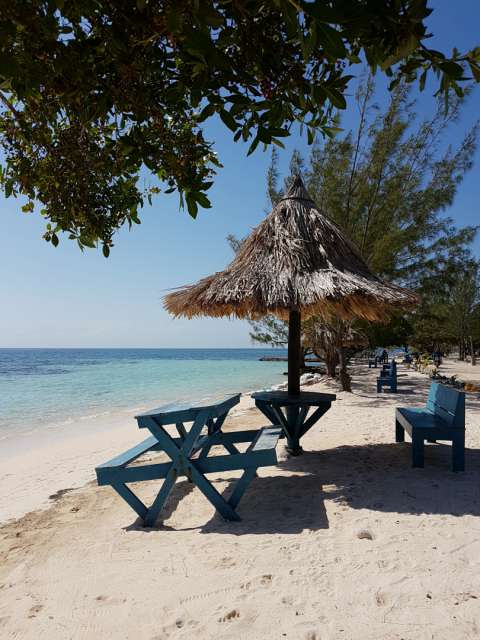
Rapporti tal-ivvjaġġar Ħonduras

